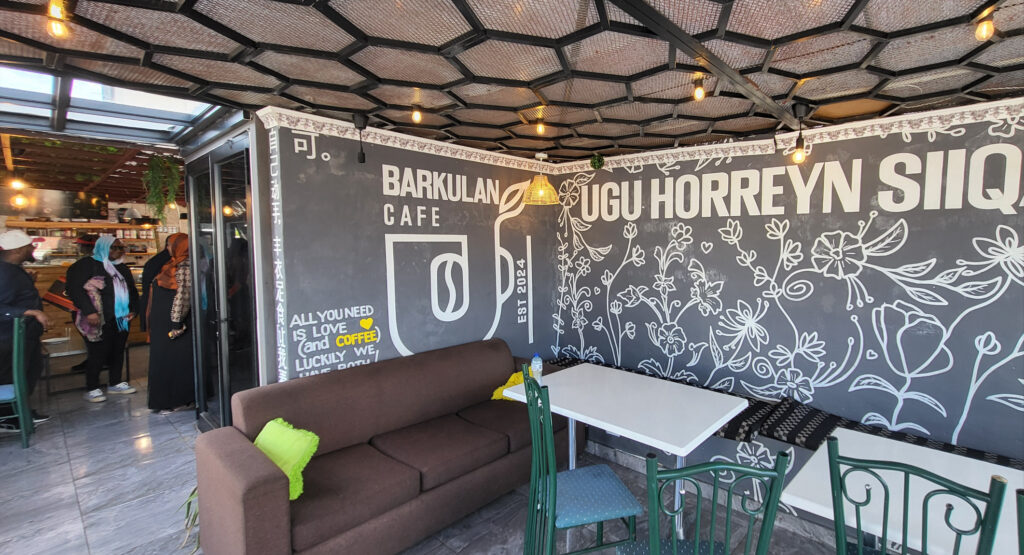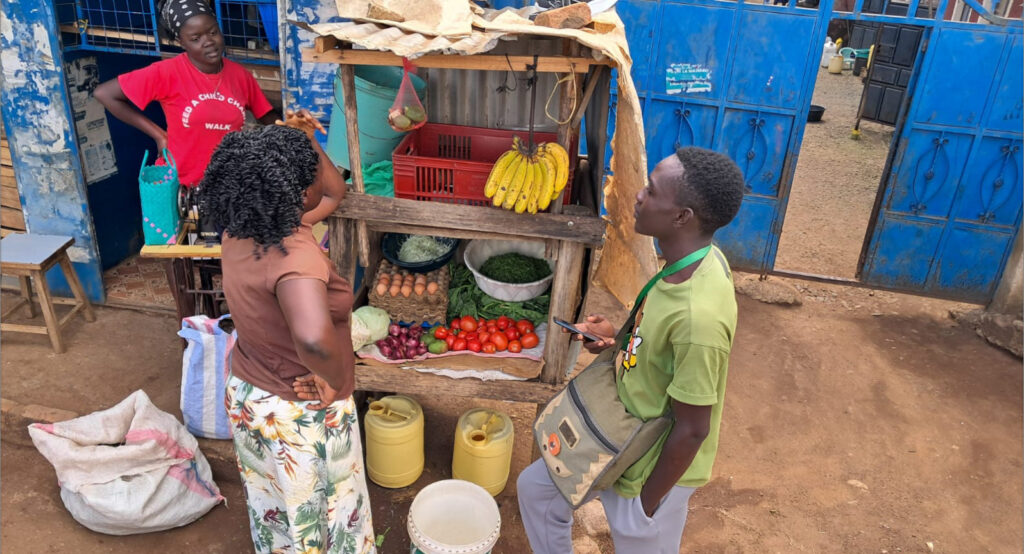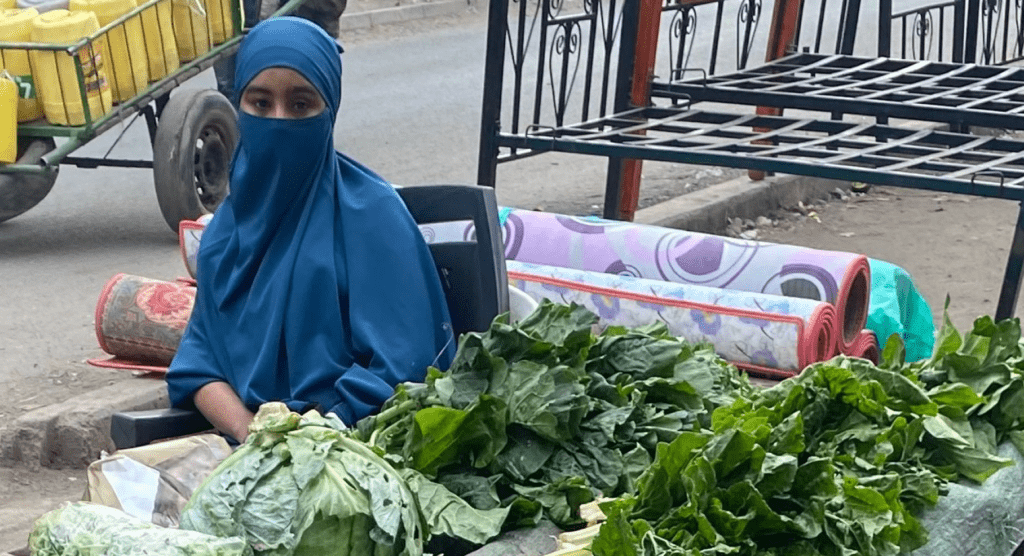‘We Help Each Other When We Can’: Somali Migrants, Urban Livelihoods, and South-South Migration in Nairobi’s ‘Little Mogadishu’
This research brief aims to illuminate the experiences of Somali migrant households in Eastleigh by examining their demographic and socioeconomic characteristics, food procurement strategies, levels of food security, and the coping mechanisms they adopt during periods of adversity. By grounding the discussion in the context of South-South migration and urban food security, this study engages […]



